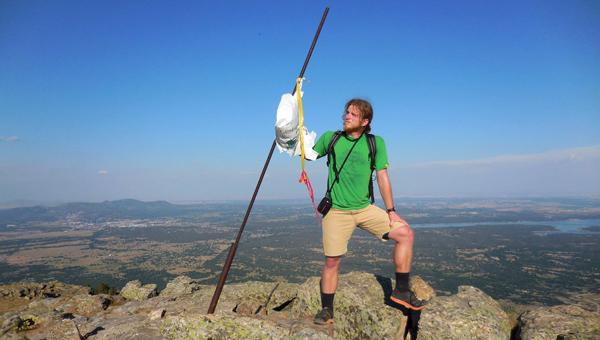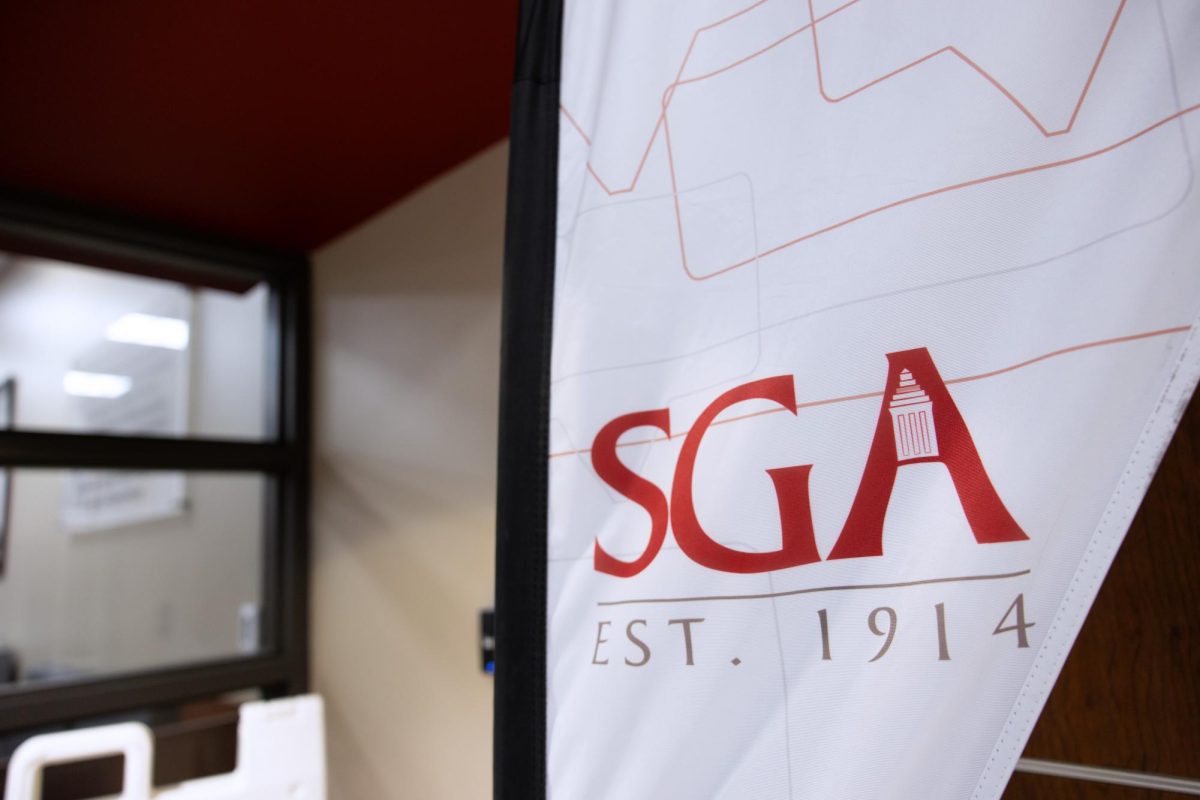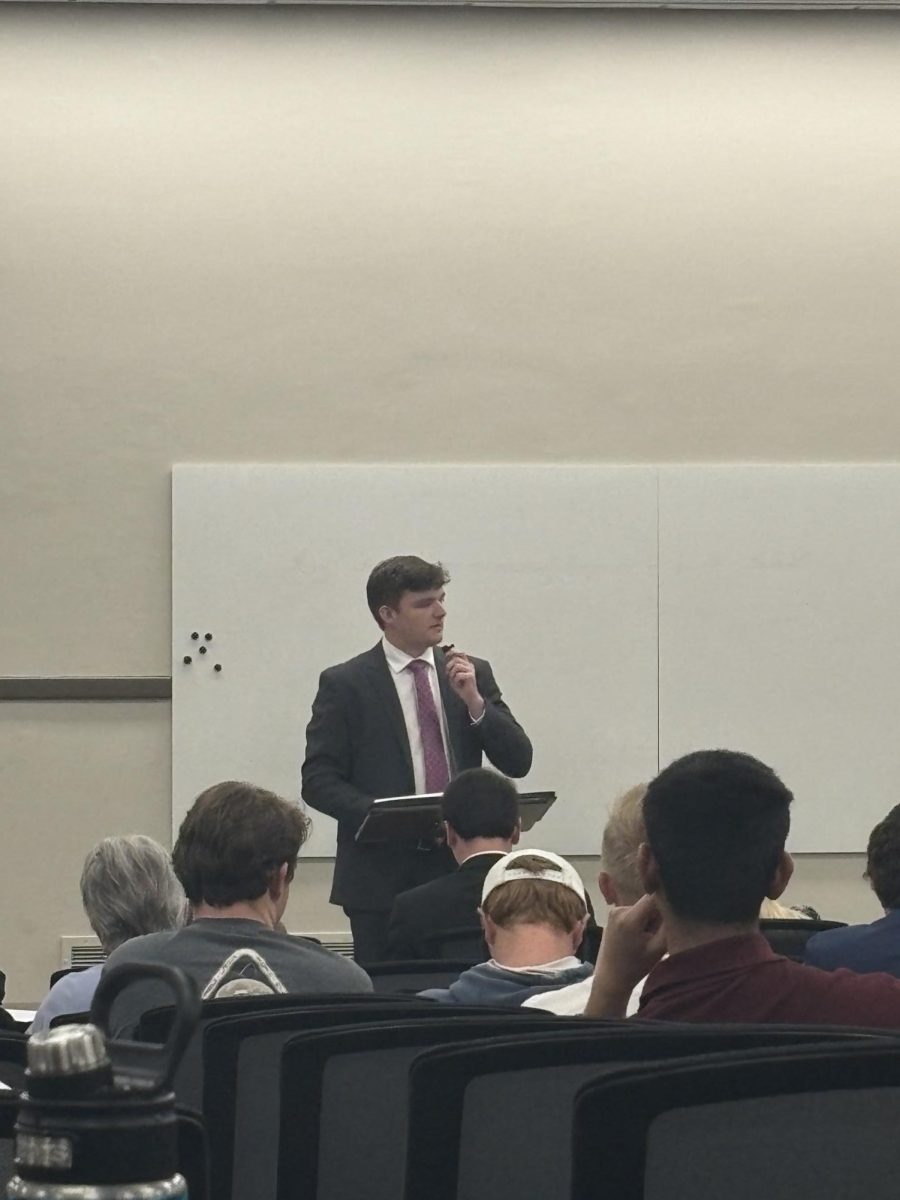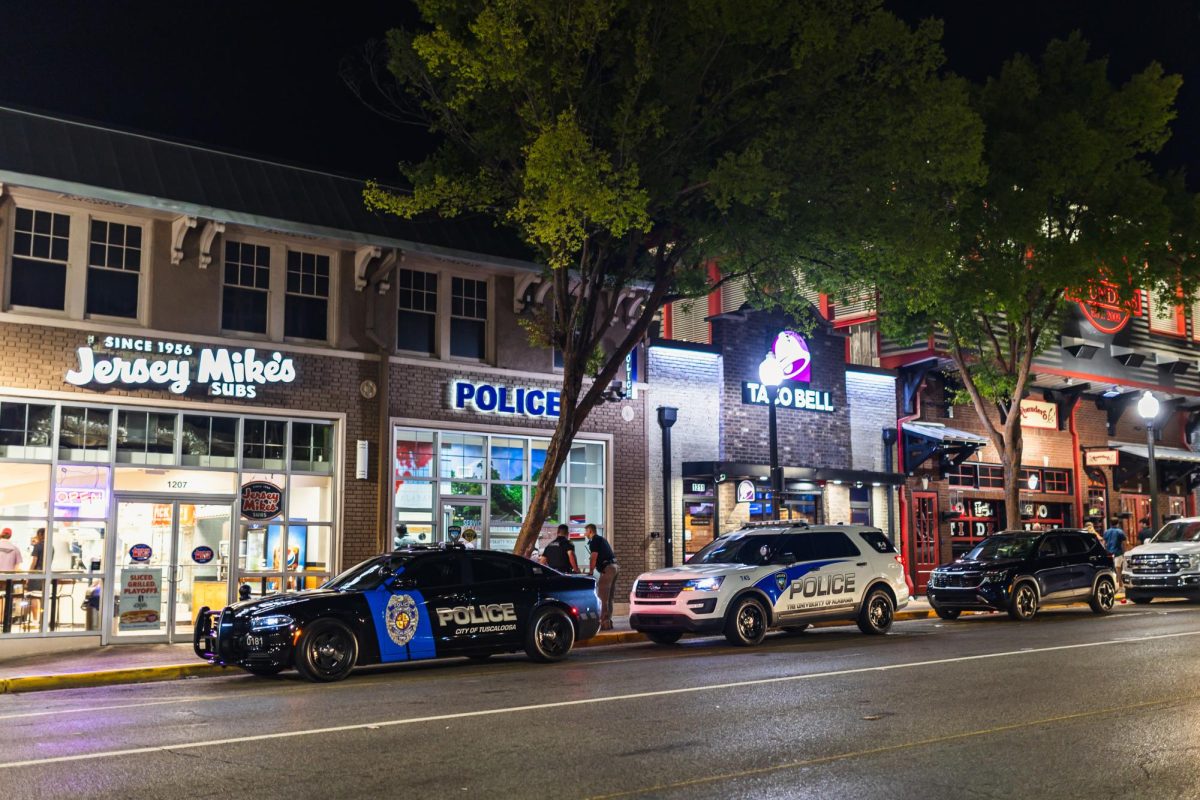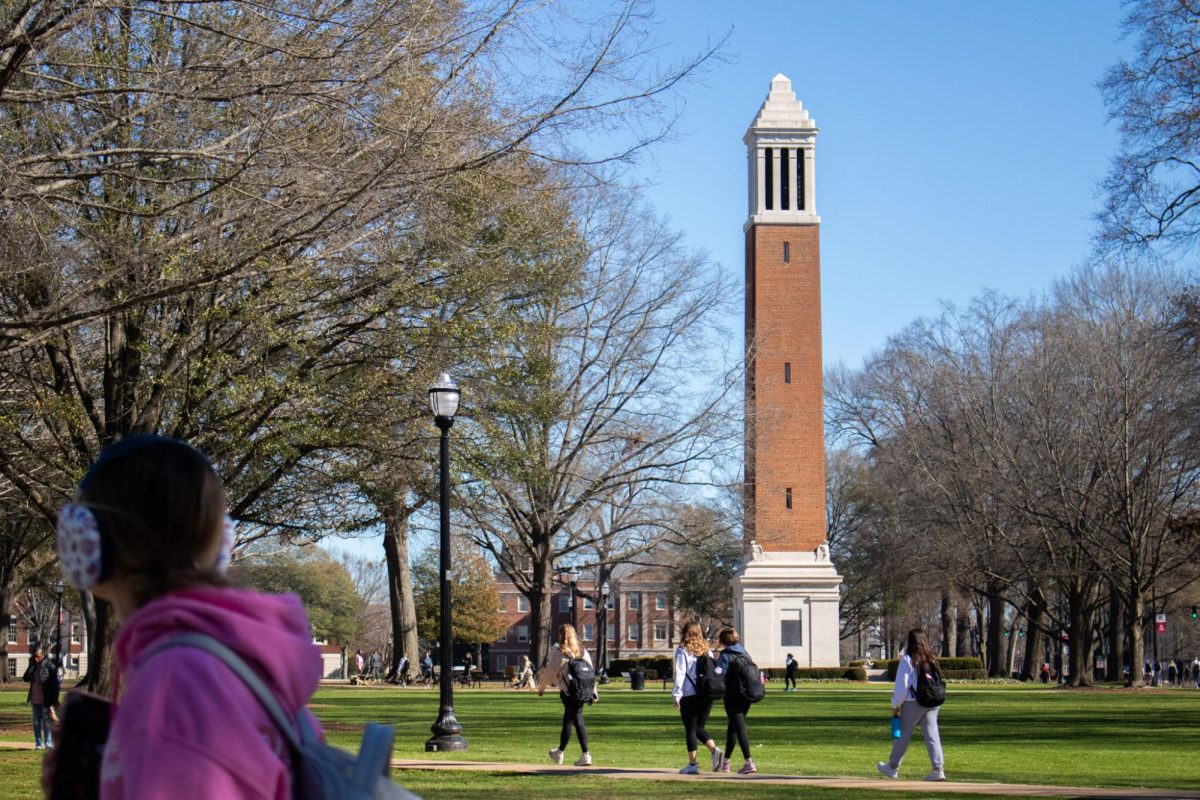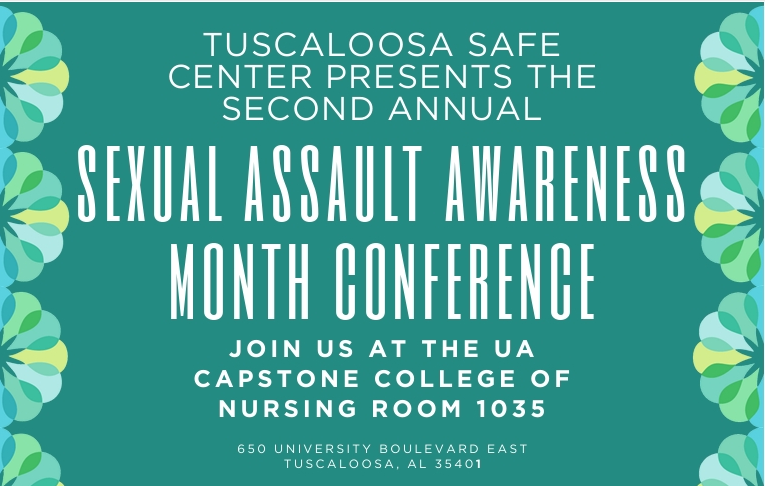Editor’s note: In each issue this summer, The Crimson White will publish a column written by a student who is studying abroad in order to share their experiences in a foreign country.
Of course, after a brief period of settling in with the other students, we had to actually start speaking in Spanish. The most immersive I had ever gotten with my Spanish-speaking was, of course, in the ubiquitous high school or college hour-long classes, with a professor to helpfully provide words that you don’t know and another 23 hours to chill out and speak English until the next day’s class. Here, my abrupt shift in languages was forced, mentally jarring. Our orientation of the town was a guided tour with one of the program’s conversation partners, a Madrileño named Pablo who was (and is) hanging around helping the students during the summer. I have never felt so at a loss as when I was trying to follow Pablo, both physically and linguistically, while he gave us the grand tour of the pueblo we’d be staying in. Despite some six years’ worth of Spanish classes, the rapid-fire flood of speech was only palatable in tidbits; it was pretty sobering.
Over the next few days, our classes with Spanish professors started and I met my conversation group: three other UA students and our conversation partner Eugenia (or Uge [pronounced OO‘-Heh]). My speech began to flow a little bit better; the vernacular spoken in Spain has its idiosyncrasies and slang, but once you start speaking solely in Spanish day after day, things start to click internally. Several days in, for every encounter that I had to politely ask, “Repite, ¿por favor?” three or four times (or just smiled and nodded), I found myself carrying another conversation with relative fluidity.
Initially, I had thought that this trip would be the big break for my Spanish-speaking skills. After a month of forced discourse in this language, I’d have no choice but to be a fluent Spanish speaker by the end – right? However, two and a half weeks into the four-week program, it’s looking more like I’ll come out of the program with a better ability to read, write and speak, certainly, but nowhere near the paradigm-shifting breakthrough I was expecting. A month, which seems like such a huge chunk of time when you’re anticipating it for a semester, passes surprisingly quickly – well, it passes at one second per second, like always, but it’s just as easy to lose track of a week or two here in Spain as it is anywhere else. So, I guess the only thing for it is to keep traveling, a month here, half a year there. My time here has shown me that if I’m really going to make lasting progress, it’s going to be through a renewed interest in pursuing the language, which was started by this program, not fulfilled.
Travis Taylor is a junior majoring in electrical and computer engineering.



